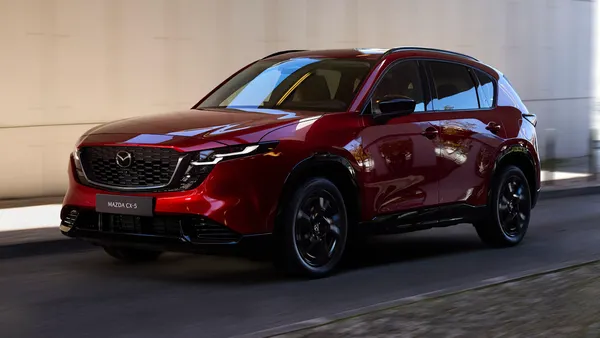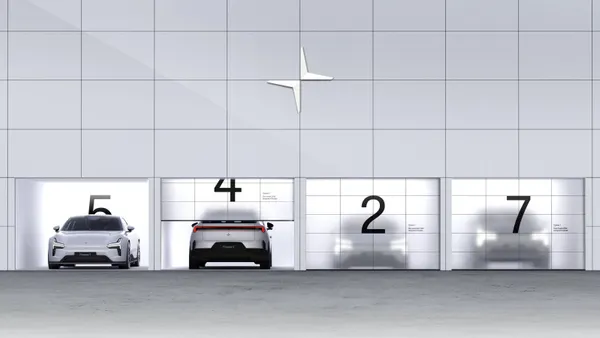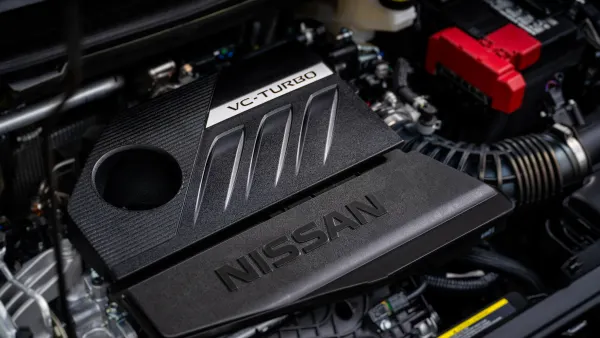Editor's note: This story is part of the WardsAuto digital archive, which may include content that was first published in print, or in different web layouts.
Thailand’s eco-car project is expected to produce 800,000 energy-efficient vehicles annually by 2015, and the number could climb higher if Volkswagen AG proceeds with its plans.
Thailand Automotive Institute President Vallop Tiasiri tells reporters the German auto maker plans to invest 27 billion baht ($860 million) to produce a small car in the country and is considering establishing a manufacturing plant, after failing to form an alliance with Malaysia’s Proton Holdings Bhd.
‘’Volkswagen has been looking to have a manufacturing base in the (Association of Southeast Asian Nations region) in addition to the company’s huge production (base) in China,’’ he is quoted as saying.
VW’s plan has yet to clear Thailand’s board of investment, which has approved similar proposals by Honda Motor Co. Ltd., Suzuki Motor Corp., Nissan Motor Co. Ltd., Mitsubishi Motor Corp., Tata Motors Ltd. and Toyota Motor Corp.
The auto makers plan to spend a combined TB40.8 billion ($1.3 billion) on developing their eco-cars, encouraged by oil prices that have soared to more than $100 a barrel.
Vallop says rising fuel costs have caused global sales of small cars to double to 6 million units in the last four years.
To qualify under the government’s eco-car plan, auto makers must commit to investing at least TB4.7 billion ($150 million) to build a minimum of 100,000 small, fuel-efficient vehicles beginning in the fifth year.
The cars, which will sell for TB502,650 ($16,000) and up, must have engines smaller than 1.4L and comply with Euro 4 emissions standards. The excise tax on qualifying vehicles will be 17%, down from 30%, and tax incentives will take effect in October.









